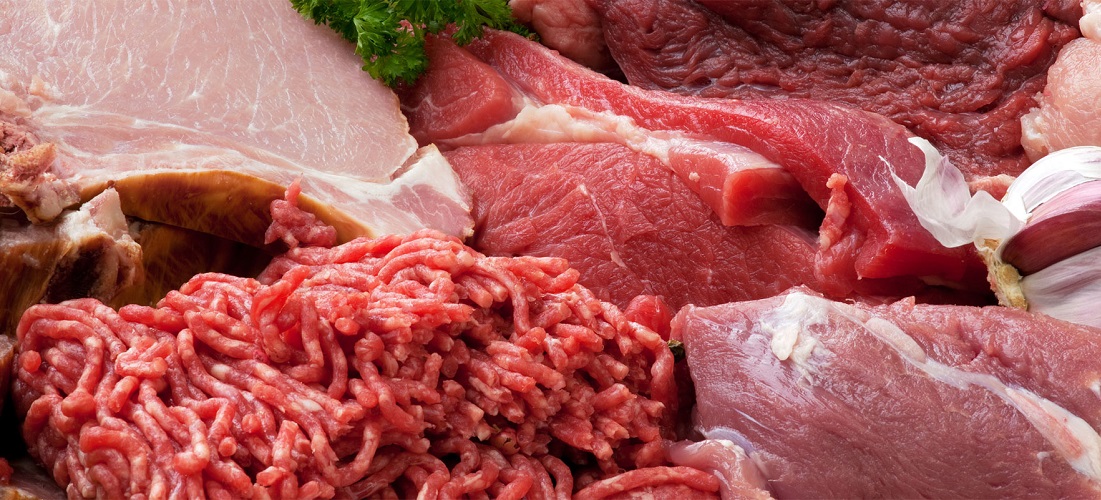
Government determines measures to prevent and control COVID-19 for meat and dairy industries
Jun, 19, 2020 Posted by datamarnewsWeek 202026
In a joint ordinance, the Ministries of Agriculture, Livestock and Supply (Mapa), the Economy (ME), and of Health (MS) defined the measures aimed at the prevention, control, and mitigation of the transmission risks caused by Covid-19 in the meat and dairy products industry. According to the bodies, the objective of the measures, which were developed after talks with the Public Labor Ministry, is to guarantee the safety and health of workers, the population’s food supply, jobs, and economic activity.
The guidelines contained in Joint Ordinance No. 19, published on Friday (19) in the Federal Official Gazette, are mandatory. Inspection will be the responsibility of the Economy Ministry. Last month, the government had already released a manual with recommendations for slaughterhouses due to the pandemic, which will be replaced by the measures provided for in the ordinance. Among the guidelines brought by the ordinance is the need to monitor signs and symptoms of Covid-19 and immediate removal for 14 days of employees who have confirmed, suspected, or confirmed cases of Covid-19. Those removed from work can only return to their activities within 14 days of absence after laboratory examination, discarding COVID, and if they have no symptoms for more than 72 hours.
Within industries, the distance between employees must be at least 1 meter, as recommended by the World Health Organization (WHO) and the Ministry of Health. If this distance cannot be implemented, workers must wear surgical masks in addition to personal protective equipment (PPE), and impermeable partitions be installed between these employees or plastic visors or goggles provided, in addition to administrative measures such as different work schedules. The organization should promote remote work when possible and adopt measures to avoid the crowding of workers at the entrance and exit of the establishment.
The premises should give preference to natural ventilation and, if the environment is air-conditioned, recirculation of the air should be avoided, with reinforcement in the cleaning and disinfection of the workplaces. All workers must be trained in the need for correct and frequent hand hygiene, avoiding lines with a distance of less than 1 meter, in addition to agglomerations. Care in cafeterias, changing rooms, and transportation of workers should also be reinforced, when provided by organizations.
When activities stop due to Covid-19, cleaning, and disinfection of the workplace, common areas and vehicles used before the return of activities must be carried out. There should also be a screening of workers by an occupational physician, ensuring removal of confirmed, suspicious, and contacting cases with those confirmed by Covid-19, among other measures.
In the slaughterhouses alone, there are currently 3,299 meat and meat processing establishments registered with the Federal Inspection Service (SIF), of which 445 sell animal protein. 1,948 people work on the inspection lines of the slaughterhouses.
China expands control over imported meats
The measure is important not only to ensure the population’s health and domestic supply, but also to maintain exports of animal protein, which have shown strong growth. However, a new coronavirus outbreak in Beijing has caused the country to tighten controls on imported meat. This week, Chinese buyers began demanding that exporters sign a pledge to ensure that the meat is free from COVID.
China, which continues to suffer from African swine flu, which has wiped out a large part of its pig herd, has greatly increased imports of Brazilian pork. DataLiner data show that in the first four months of 2020, Brazil exported 31% more beef and 31% more poultry meat to China compared to the same period in 2019. In relation to pork, demand was exceptional with 223% year-on-year growth in Brazilian shipments to the Asian country.
According to Reuters, Beijing began testing imported food for the coronavirus after an outbreak in the wholesale food market last week. According to importers, in Tianjin, Beijing’s main port, authorities are testing all meat carry containers. More than 30,000 samples of meat, seafood, vegetables, and fruits were tested between 11 and 17 June. All were negative for coronavirus, according to Chinese customs. A meat exporter told Reuters that since it is very expensive and time-consuming to test all products, they are asking suppliers to sign this letter to return to normal. How much weight the statement will carry, however, is unclear.
The following graph shows Brazilian exports of beef, pork and chicken month by month:
Source: DataLiner (To request a DataLiner demo click here)
With information from Reuters
-
Sugar and Ethanol
Dec, 19, 2019
0
Ethanol production is expected to reach 35.5bn liters and will consume 65% of ground sugarcane
-
Ports and Terminals
Aug, 22, 2019
0
Port of Rio de Janeiro grows 14.7% in container and solid bulk handling
-
Ports and Terminals
Oct, 21, 2024
0
Grain exports to China drive growth at Port of Sao Francisco do Sul
-
Other Logistics
Jul, 06, 2022
0
MRS to renew railroad concession contract with Brazilian gov’t until 2056


